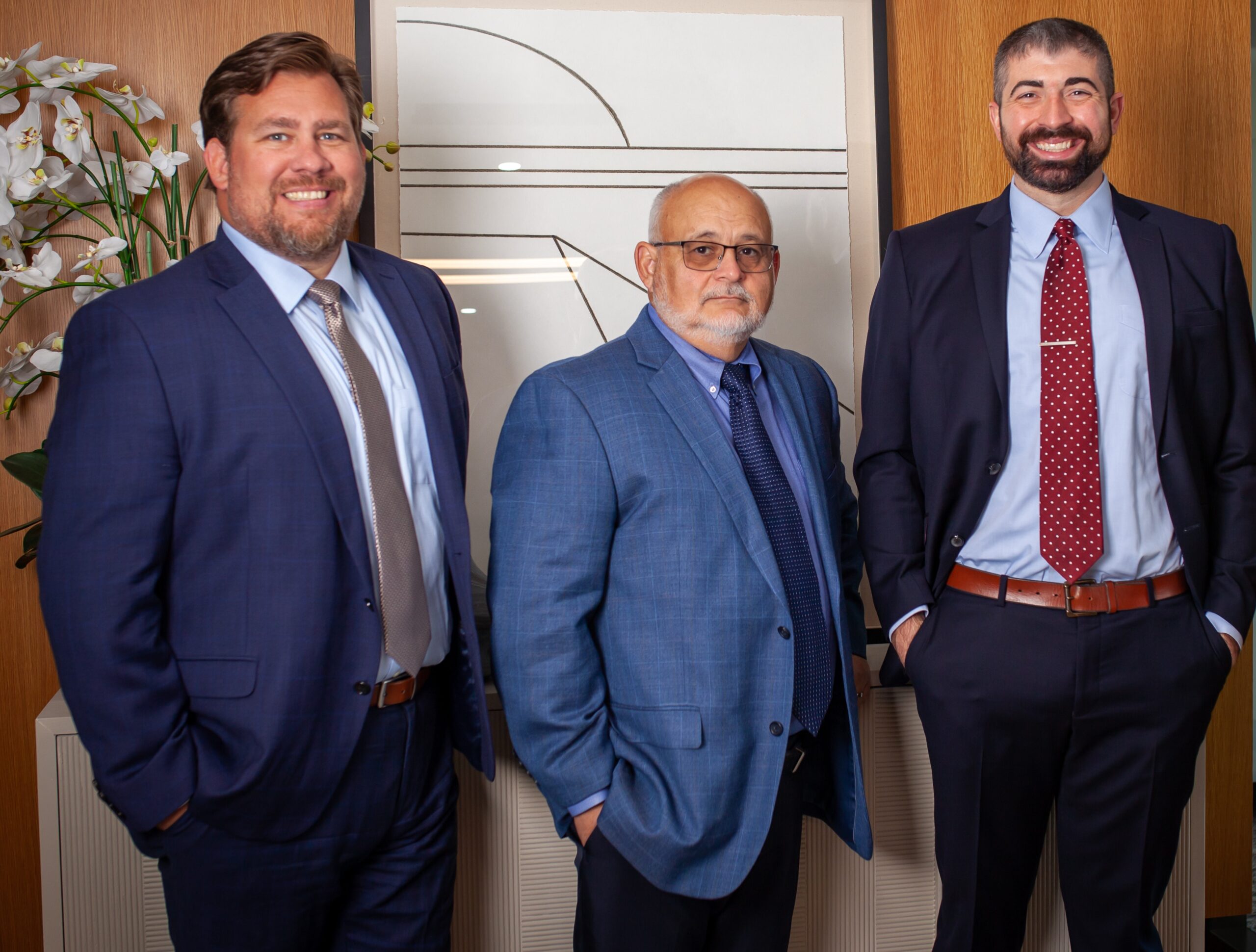There are many forms of online harassment. Intentional distribution of non-consensual, sexually explicit images or videos, or "revenge porn," is a type of online harassment that occurs when an ex-partner or even a hacker posts such images or videos of a person online without their permission.
Not too long ago, there was not much a victim could do, especially if the images were consensual. However, in 2019, the Ohio Legislature made it a crime to distribute sexually-oriented pictures. Victims of “Revenge Porn” were also given the right to sue and recover damages, including legal fees and punitive damages, from the offender.
If you are the target of Online Harassment, the Federal Trade Commission recommends following the following steps:
Follow the steps in the Cyber Civil Rights Initiative’s Online Removal Guide (See below). To get take image taken down, you will need to report it to Facebook, Twitter, Instagram, Snapchat, Reddit, Tumblr, Google, Yahoo, Bing, or any other platform it’s on.
Find out if there is a law about online harassment where you live. Ohio Law can be found at R.C. 2917.211 and R.C. 2307.66
Consider speaking with an attorney. An attorney will help you understand privacy laws and obtain the relief you seek.
Know what you are getting if you hire a takedown service. Find out what they promise to do to take your image down, and whether you can do that yourself for free.
Call the Cyber Civil Rights Initiative’s crisis hotline: 844-878-CCRI (2274).
If someone has violated your privacy, contact Lardiere McNair & Stonebrook, Ltd., so we can address your concerns and advise you on all available options.
For more information go to: https://www.cybercivilrights.org/online-removal/
Aline Wright is a Law Clerk at Lardiere McNair & Stonebrook, Ltd, LPA. To read more about our firm, please visit lawyerscolumbusohio.com.
The information presented here has been prepared by Lardiere McNair for promotional and informational purposes only and should not be considered legal advice. This information is not intended to provide, and receipt of it does not constitute, legal advice. Nor does the receipt of this material create an attorney/client relationship. An attorney client relationship is not established until such time as Lardiere McNair enters in to a written engagement agreement with a specific client for a specific legal matter.

